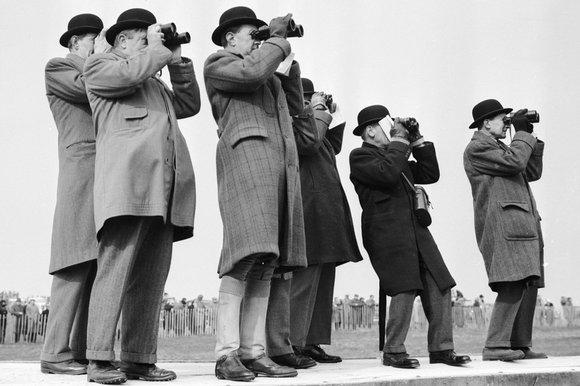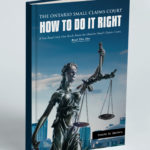
In the Province of Ontario, generally speaking, the Limitations Act, 2002, you have 2 years from the date that you were first wronged to bring a claim to the civil court.
s. 4–Unless this Act provides otherwise, a proceeding shall not be commenced in respect of a claim after the second anniversary of the day on which the claim was discovered. 2002, c. 24, Sched.B , s. 4.[my emphasis]
Now, why did I underline “discovered?”
That’s because the statute has incorporated an old common law rule that sometimes, you don’t know that you have been wronged until much later after the fact. It is a principle of fairness.
5. (1) A claim is discovered on the earlier of,
(a) the day on which the person with the claim first knew,
(i) that the injury, loss or damage had occurred,
(ii) that the injury, loss or damage was caused by or contributed to by an act or omission,
(iii) that the act or omission was that of the person against whom the claim is made, and
(iv) that, having regard to the nature of the injury, loss or damage, a proceeding would be an appropriate means to seek to remedy it; and
(b) the day on which a reasonable person with the abilities and in the circumstances of the person with the claim first ought to have known of the matters referred to in clause (a). 2002, c. 24, Sched.B, s. 5 (1).
Presumption
(2) A person with a claim shall be presumed to have known of the matters referred to in clause (1) (a) on the day the act or omission on which the claim is based took place, unless the contrary is proved. 2002, c. 24, Sched.B, s. 5 (2).
Demand obligations
(3) For the purposes of subclause (1) (a) (i), the day on which injury, loss or damage occurs in relation to a demand obligation is the first day on which there is a failure to perform the obligation, once a demand for the performance is made. 2008, c. 19, Sched.B, s. 1.
Same
(4)Subsection (3) applies in respect of every demand obligation created on or after January 1, 2004. 2008, c. 19, Sched.B, s. 1.
There are several things going on here. Subsection (1) talks about all the factors that are involved to test when there was a reasonable claim and to whom it occurred against. Clause (a) is about actually knowing and clause (b) is about when you ought to have known. Here is an example. Let’s say that that you got hit in the head with a basketball and your glasses that you were wearing were broken on impact. It is that moment that you knew that you could launch a claim.
Subsection (2) talks about the presumption that you already knew what day the act or omission took place, unless you can prove that you couldn’t have known on that day. Let’s go back to our example with the basketball. Let’s say that after a week from being hit on the head with a basketball, you were starting to have episodes of blurry vision. The episodes increase over time where your vision becomes increasingly worse, so much so that you see a doctor a month later. Your claim could start when you first saw your doctor and got a diagnosis.
It could be that evidence or some other thing was hidden from you. Let’s say that you were to be paid a series of commissions, but until the sales finally close, you don’t get the money. Then, three or four years later, you discover that there was a final accounting from the firm you were being paid commissions from, but there were some mistakes. When does the limitation period start? You would have to evaluate it on the first rule: 2 years from the date of first discovery. Defendants to an action will point to when your last payment was: the last cheque seemed alright with you then, why not now? You could point when you found out the mistakes, some 3 or 4 years later.
Behind all this is the concept of due diligence. Someone bringing a claim after the 2 years would have to show that they did everything in their power within those 2 years and yet still did not have the information that would give rise to a claim.
If you have a potential claim and you want to find out if you can bring it to court, contact me for a free half-hour consultation.


I really appreciate what you post. You have a new subscriber now.